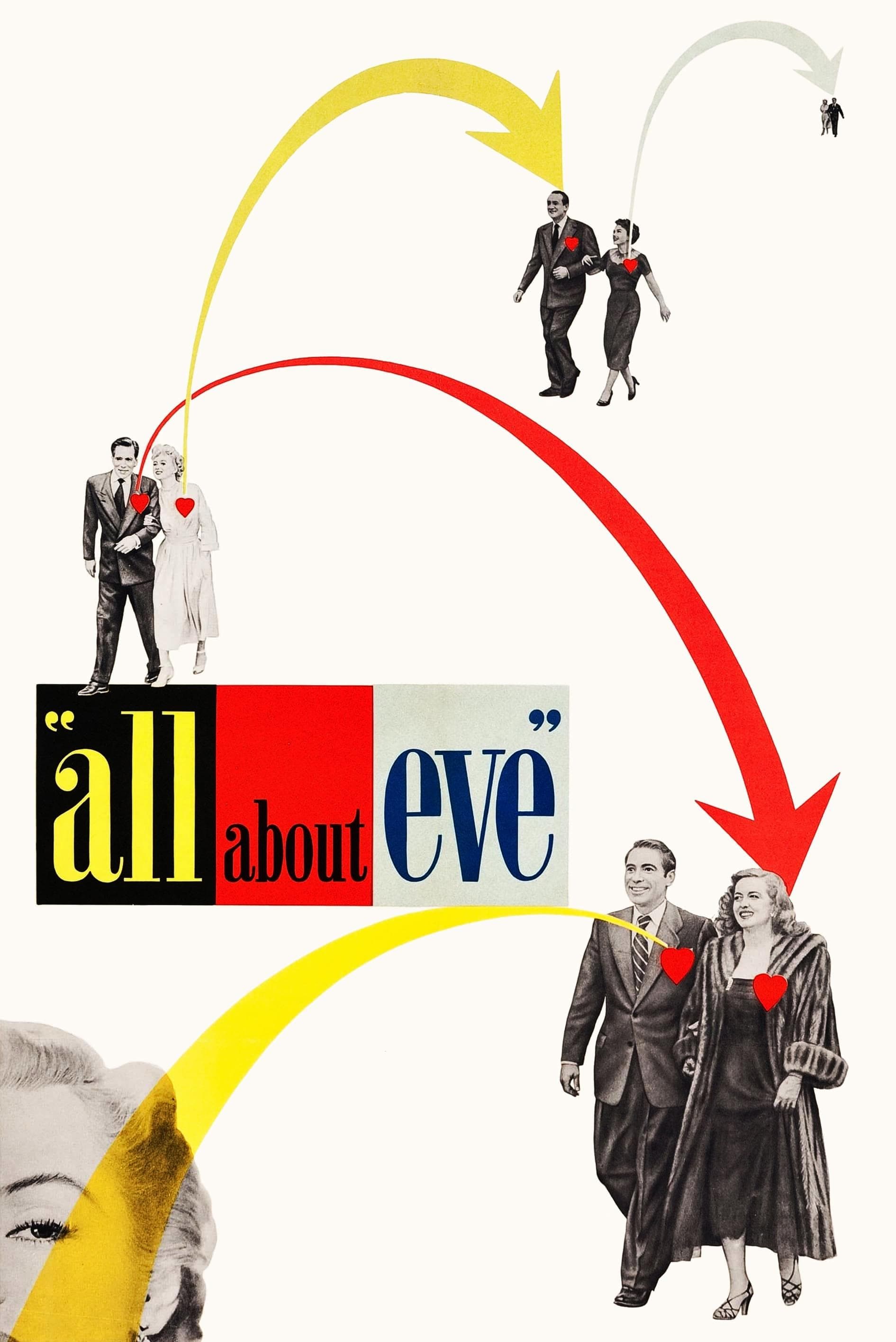
All About Eve
1950
Rate this movie
Average: 0.00 / 5
(0 votes)
Director
Joseph L. Mankiewicz, a director sensitive to the intricacies of human passions and a skilled artisan of the camera, adapted this film from a story by Mary Orr and transformed it into a work where life and acting intertwine, resulting in a gripping plot about the degradation of human relationships. His mastery lies not only in his skillful direction of actors, but in an almost surgical ability to dissect the human soul through razor-sharp dialogue and a narrative construction that unfolds with clockwork precision. Mankiewicz, leveraging his background as a screenwriter (he won consecutive Oscars for the screenplays of A Letter to Three Wives and All About Eve), weaves a dense plot where every line, every glance, reveals ever deeper layers of ambition, envy, and disillusionment, transforming the Broadway stage into a universal metaphor for power dynamics and self-deception.
In this case too, as already seen in Wilder's Sunset Boulevard, for example, cinema looks at and speaks of itself in the first person, generating what many semioticians have identified as metacinema (the most striking work in this semantic field would be Truffaut's Day for Night). But All About Eve goes beyond mere self-reflection, elevating itself to a profound inquiry into the myth of celebrity and the performativity of identity itself. It is not only the world of entertainment that is put under the magnifying glass, but the illusion we all create around ourselves, the masks we wear, and the narratives we construct to ascend, or even just to survive, in the social jungle. The theater, with its unforgiving lights and revealing curtains, becomes the perfect microcosm for exploring the fragility of fame and the exorbitant price often paid to achieve and maintain it.
The story centers on Broadway star Margo Channing. An iconic figure of a fading diva, Margo embodies the artist's vulnerability in the face of aging and the ruthless logic of generational turnover. Her monologue "Fasten your seatbelts, it's going to be a bumpy night" has become an anthem to resilience, but also to the bitter awareness of the transience of all glory. The woman takes under her wing a naive aspiring actress, Eve Harrington, whose apparent innocence is merely a thin veneer hiding an iron will and a ruthless thirst for success.
This will be the beginning of a slow metamorphosis that will transform a bewildered girl into a monstrous social climber capable of walking over her protector's dead body just to achieve success. Eve's transformation is not just a change in status, but a radical mutation of being, a process through which ambition devours the soul, leaving behind a cold and calculating shell. The film masterfully depicts how manipulation and deception become primary tools in this ascent, weaving a web of lies that suffocates every genuine bond.
In this deadly dance of ambitions, a pivotal role is played by Addison DeWitt, the theater critic portrayed with glacial, scathing intelligence by George Sanders (which earned him an Oscar for Best Supporting Actor). DeWitt is the omniscient and cynical eye of the system, the puppeteer who knows every string and every secret, the story's narrator who is himself an active participant, reveling in manipulating others' lives as if they were characters in his review. His figure embodies the power of words and judgment, capable of elevating or destroying careers, and highlights how the media circus is an integral part of success and failure in the entertainment world. His biting prose and unshakeable self-assurance make him the perfect counterpart to Eve, an intellectual predator who recognizes and exploits the same hunger for power that drives the young arriviste.
A fascinating film, splendidly performed by Bette Davis and Anne Baxter, which marked the debut of a promising actress who would soon achieve resounding success: Marilyn Monroe. Bette Davis's performance, in particular, is a masterpiece of intensity and vulnerability, a triumphant return that earned her one of her last, memorable Oscar nominations. Her portrayal of Margo Channing, a diva buffeted by life and suspicions, has entered the collective imagination, demonstrating the depth and complexity an actress could infuse into an seemingly unpleasant character. Anne Baxter, on the other hand, cunningly balances Eve's initial naiveté with her growing, icy determination, making her metamorphosis unsettling and credible. Marilyn Monroe's cameo, as the blonde and naive Claudia Casswell, is an ironic foreshadowing of her future as an icon, adding an additional metacinematic dimension to a film already so attentive to its own language and world.
The work is a dark essay on the corruption of human passions and the most basic aspirations. But it is also a relentless analysis of the solitude that accompanies the peak of success, a warning about the transience of glory and the cyclical nature of ambition. The ending, with the image of Phoebe, another young fan who reveals herself to be a potential Eve of the future, closes the circle in a chilling way, suggesting that the spiral of deception and ruthless ascent is an inescapable destiny, a drama that repeats infinitely in the perpetual desire to occupy center stage. Decades later, All About Eve remains not only a timeless cinematic classic, but a sharp and disillusioned analysis of the human soul, with all its greatness and its infinite, tragic depths.
Genres
Country
Gallery
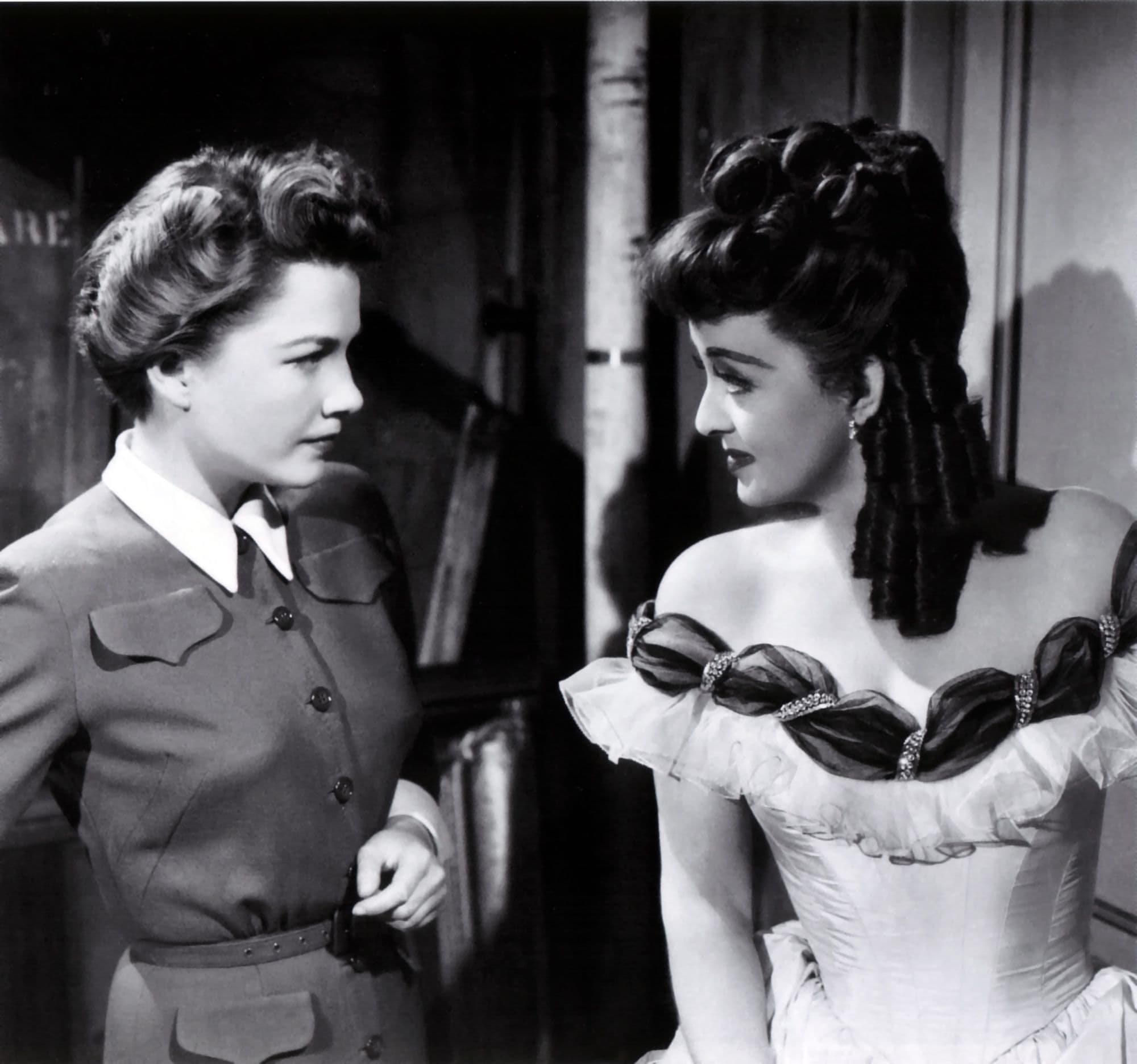
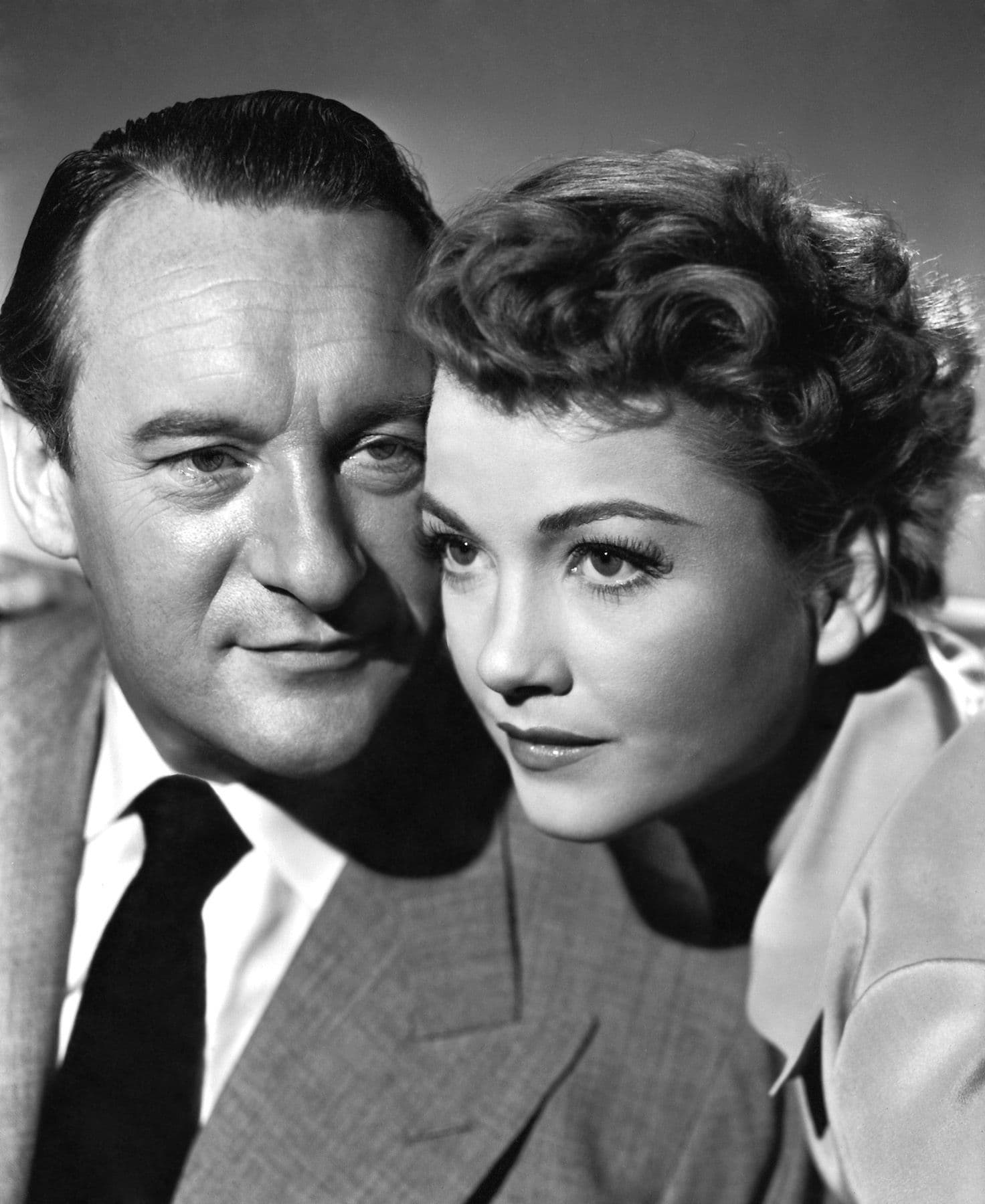

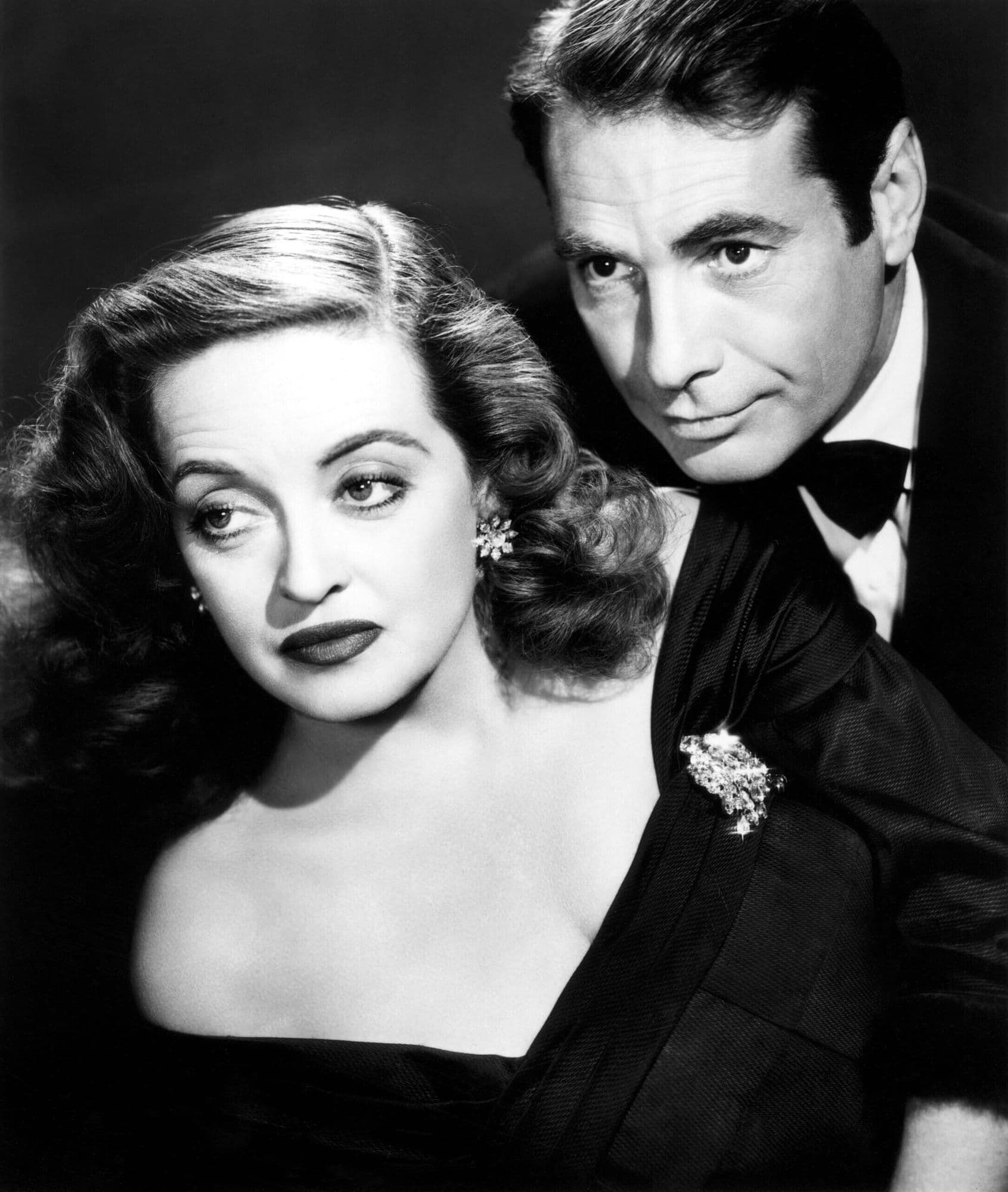
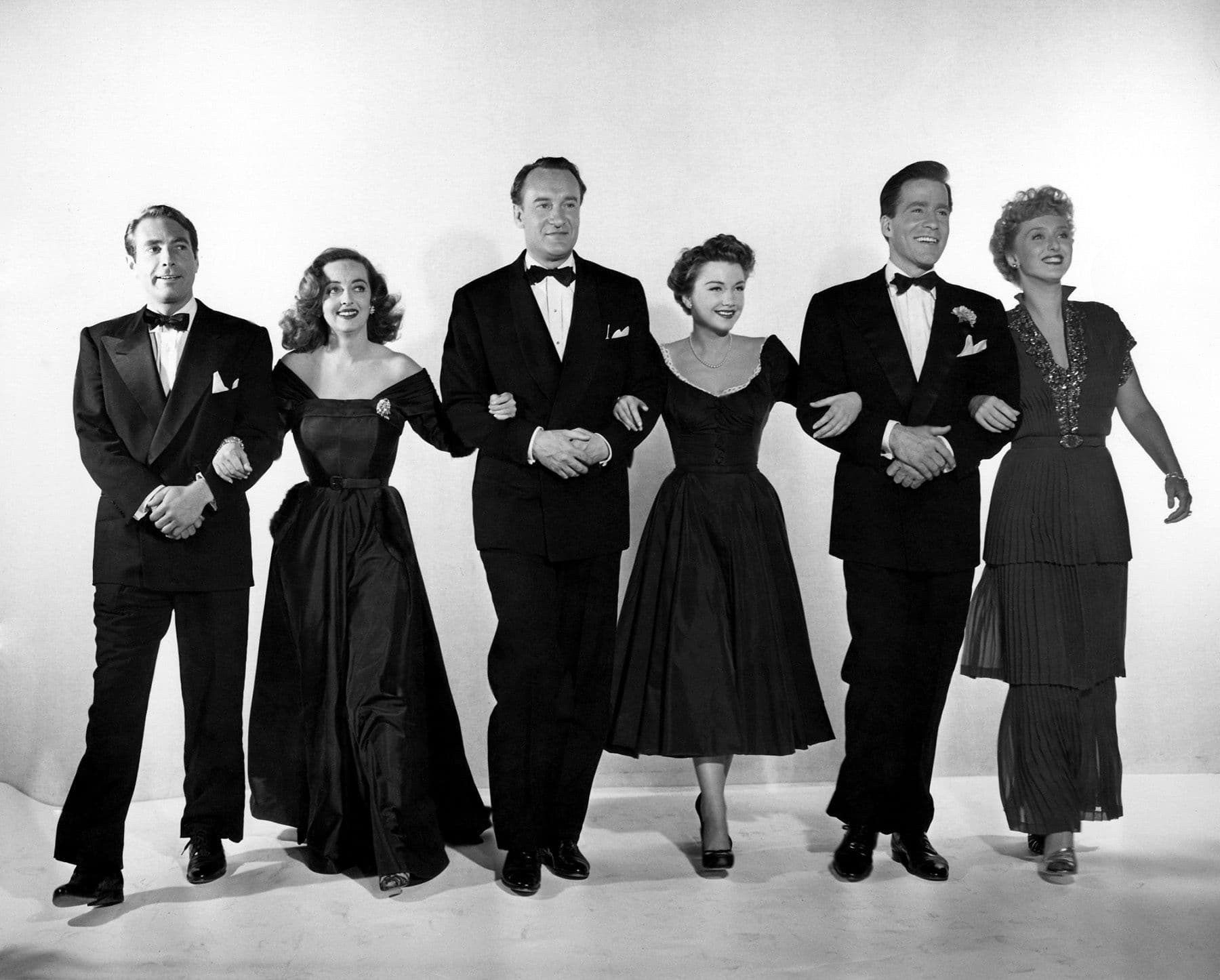
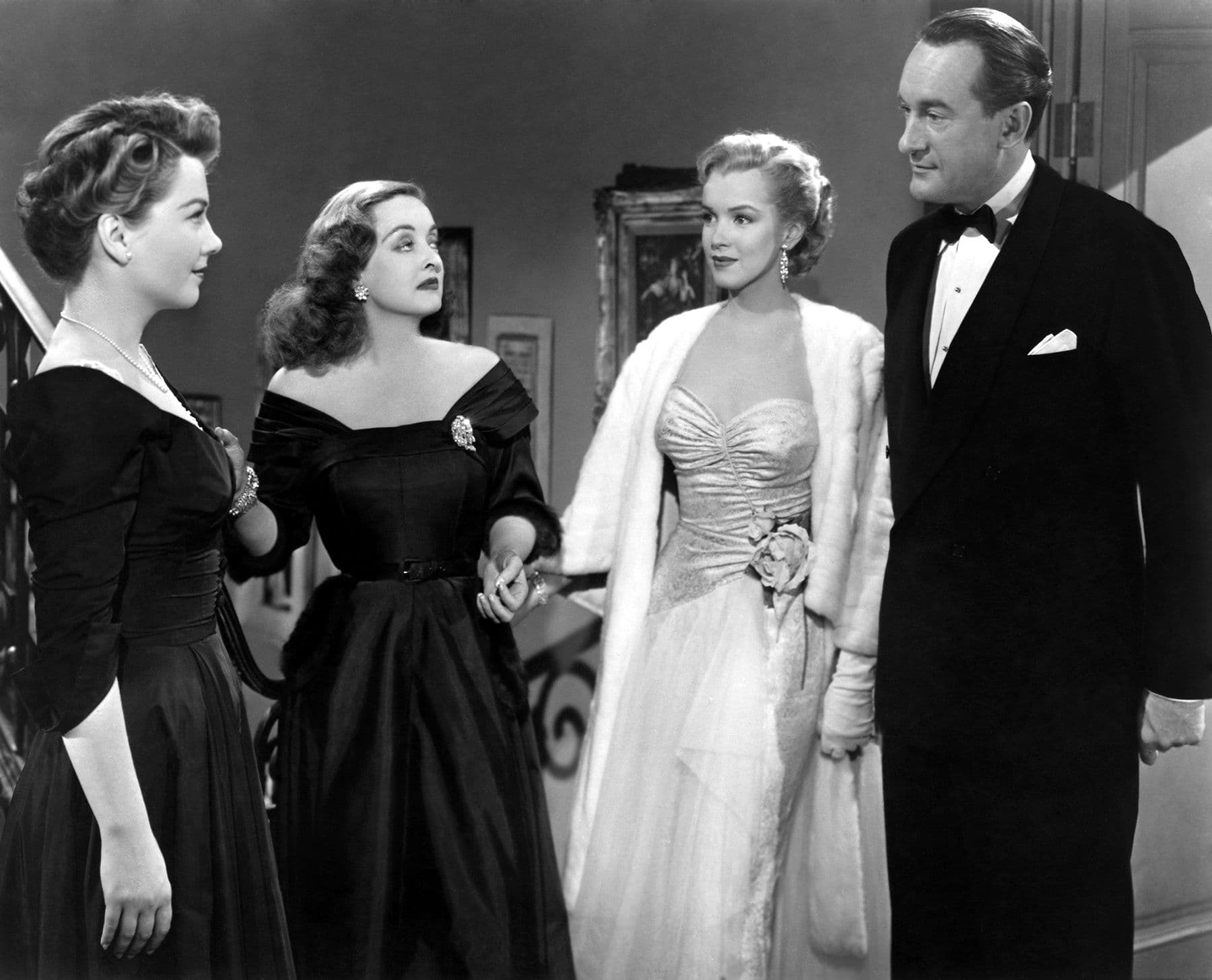
Comments
Loading comments...